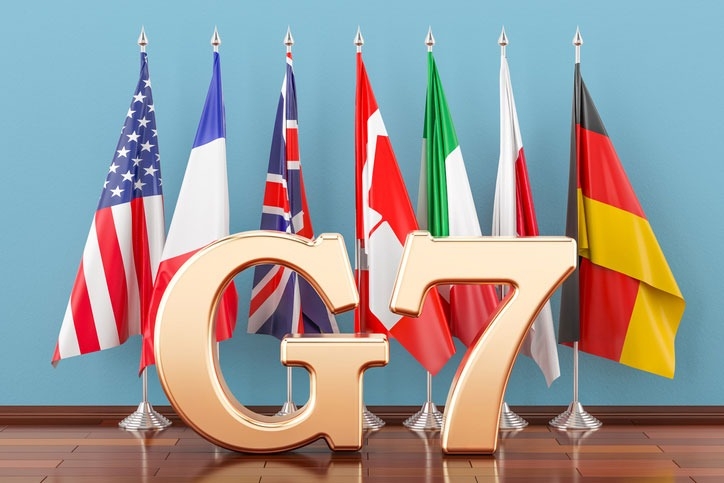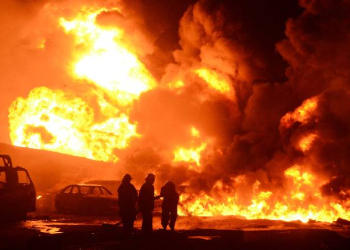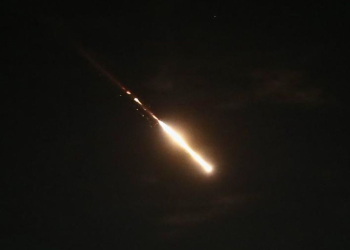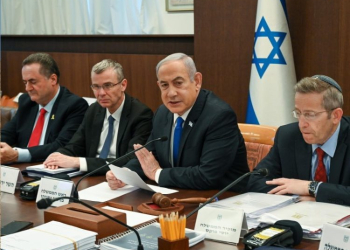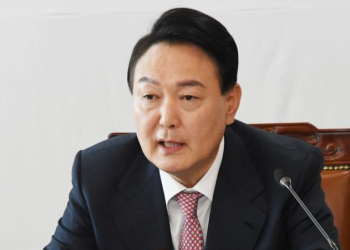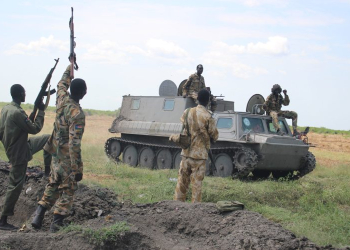New Delhi: On the one hand, G7, EU and other organisations are calling for guarding against export restrictions in wake of the Ukraine-Russia war for stabilising food prices and on the other hand, environmental activists view the situation as an opportunity to reduce or end commercial agriculture for export that can harm environment and hardly adds to food security.
The G7 countries and the Commissioner for Agriculture, EU have called on all countries to “keep their food and agricultural markets open” and to guard against any “unjustified restrictive measures on their exports” in wake of the Ukraine-Russia war.
“We call on all countries to keep their food and agricultural markets open and to guard against any unjustified restrictive measures on their exports. Any further increase in food price levels and volatility in international markets could threaten food security and nutrition at a global scale, especially among the most vulnerable living in environments of low food security,” the statement said after an extraordinary meeting.
The groups nevertheless said, they recognise “the extreme circumstances behind the export restrictions announced by the government of Ukraine and the vital importance of preserving the availability of food in Ukraine.a
The individuals/countries/agencies/bodies that came together for the G7 Extraordinary Agriculture Ministers’ Meeting include G7 Agriculture Ministers, the Commissioner for Agriculture of the EU, a Ukrainian representative, the World Food Programme (WFP), the Food and Agricultural Organisation (FAO), the Organisation of Economic Cooperation and Development (OECD) and the Agricultural Market Information System (AMIS), a statement by the G7 said late on Friday night.
Graham Gordon, Head of Policy at the international development charity, CAFOD said, “The Ukraine crisis highlights the precarious position that many countries are in when agricultural supply chains break down. In the short term it is right that G7 countries support efforts to stabilise the food supply in Ukraine and globally.”
“In the long term, the crisis should act as a wakeup call on the need to transform our global food system, in the same way as it is causing a rethink in energy supplies. G7 countries must shift their international support away from commercial agriculture for export that often harms the environment and does little to improve food security, to more local, environmentally sustainable approaches to production that are better able to withstand shocks from conflict or climate change,” he said.
The Russian war will add to the already severe situation caused by COVID-19, climate change and biodiversity loss, the statement said, adding: “This will only increase the suffering in the region and put pressure on food security globally. We note with grave concern the severe effects on global food supply chains and the sharp rise of already high prices for agricultural commodities and inputs, such as fertiliser, impacting food security and nutrition for vulnerable countries and populations.”
Raising concerns on a number of issues, the statement also said: “We commit to cooperating closely and taking concrete actions to safeguard global food security and nutrition, especially supporting food security for the people of Ukraine. We reaffirm the importance of working together to maintain the flow of food, products, seasonal labour, and inputs essential for agricultural and food production across borders in line with all measures adopted in response to the current situation.”
“Moreover, we will work together to address transportation challenges for food exports and commodity production.”
Echoing what Gordon said, Executive Director of Institute of Agriculture and Trade Policy, Sophia Murphy said: “Urgently needed short-term responses to bolster food security now must feed into structural changes that increase countries’ choices over their food supply.
“Countries need to develop strategic reserves, diversify diets away from reliance on wheat, maize, and rice for calories, and to strengthen local and regional supply chains. Together with robust early warning systems, which help defuse a crisis before it happens, this will help reduce exposure to food crises,” she said.
(IANS)



